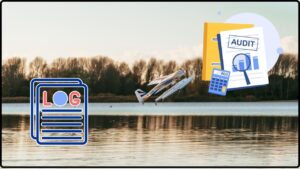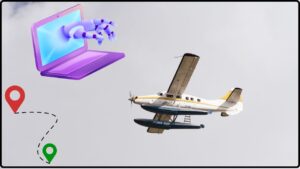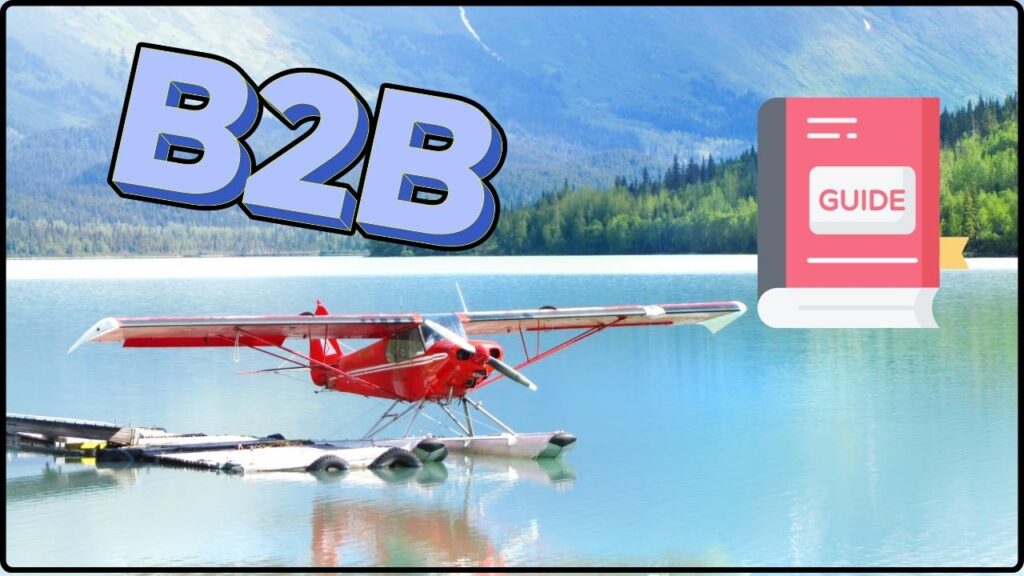
A B2B Guide to AIS Compliance for Tour Operators: If you’re running a tour operation business in the U.S. and managing a fleet of vehicles or vessels, you gotta get serious about Automatic Identification System (AIS) compliance. AIS, while it may sound like some tech jargon, is actually a critical safety and management tool that helps businesses track their fleets in real-time, avoid accidents, stay compliant with regulations, and ensure passenger safety. Whether your fleet rolls on the highway or sails the seas, getting your head around AIS compliance is non-negotiable for staying legit and efficient. This comprehensive guide breaks it down in simple terms for beginners while diving deep enough into the details to offer seasoned professionals valuable insights and actionable advice.
Table of Contents
A B2B Guide to AIS Compliance for Tour Operators
Managing AIS compliance effectively is about more than checking regulatory boxes—it’s a strategic approach to enhancing fleet safety, protecting your passengers, optimizing operations, and building lasting trust. Certified equipment, professional installation, ongoing training, rigorous monitoring, and exhaustive documentation form the pillars of successful compliance. By embracing AIS not just as regulatory necessity but as a competitive advantage—with AI-powered analytics, privacy safeguards, and proactive maintenance—you propel your fleet into a future of safer, greener, and more reliable operations that customers and regulators respect.
| Aspect | Details |
|---|---|
| AIS Types | Class A (large commercial vessels), Class B (smaller vessels), AIS-140 (commercial vehicles) |
| AIS Compliance Deadlines | Varies by vessel size/type and vehicle category; ongoing updates from authorities |
| Mandatory Vessels | Commercial passenger vessels, cargo ships >300 GT on international voyages |
| Vehicle GPS Tracking Rules | AIS-140 compliance for commercial passenger transport vehicles, state-specific mandates |
| Benefits of Compliance | Enhanced safety, reduced accidents, regulatory adherence, improved fleet management |
What Is AIS and Why Should Tour Operators Care?
AIS is a technology designed to provide real-time tracking and identification of vessels and vehicles. It automatically transmits key data such as location, speed, course, and identity to other vessels, port authorities, and fleet operators, significantly enhancing situational awareness and communication.
Specifically, AIS is crucial for:
- Preventing collisions: It helps vessels and vehicles see each other’s locations to navigate safely.
- Supporting emergency response: Real-time data facilitates rapid intervention in case of accidents.
- Meeting regulatory requirements: Mandates across maritime and commercial vehicle sectors require AIS in many contexts.
In the U.S., AIS compliance is legally required under different frameworks:
- For maritime operations: The International Maritime Organization’s SOLAS Chapter V requires all commercial vessels over 300 gross tonnage, passenger ships, and ships on international voyages to have Class A AIS transponders. Additionally, some regions have newer mandates ensuring AIS installation on smaller vessels; these are often equipped with Class B transponders for identification.
- For commercial vehicles: Many states mandate GPS tracking devices compliant with AIS-140 standards for passenger transport vehicles such as buses, taxis, and shuttles.
Getting AIS compliance right not only helps you avoid hefty fines but also establishes your fleet as safe, reliable, and technologically advanced.
Step-by-Step B2B Guide to AIS Compliance for Tour Operators
Step 1: Identify Which Vehicles and Vessels Need AIS
A critical first step is mapping out your fleet in terms of compliance requirements. AIS mandates depend largely on vessel size, type, and operational context:
- Commercial maritime vessels such as large passenger ships and cargo vessels over 300 gross tonnage must have Class A AIS transponders, adhering to SOLAS regulations.
- Smaller vessels and recreational boats increasingly face requirements to install Class B AIS devices, especially near busy coastal areas and ports.
- Commercial passenger vehicles like buses and shuttles must typically be equipped with AIS-140 compliant GPS trackers that provide live location tracking and panic buttons.
Knowing who needs what ensures you invest in the right equipment without overspending.
Step 2: Invest in Certified AIS Equipment
Quality and certification matter immensely:
- For vessels, purchase FCC-approved Class A or B AIS transponders built to operate reliably in demanding maritime conditions.
- For vehicles, buy AIS-140 certified GPS trackers, which include features like multi-network connectivity, embedded SIMs capable of switching networks, and emergency panic functionalities.
Beyond certification, prioritize devices with good manufacturer support, software update capabilities, and integration options with fleet management software.
Step 3: Professional Installation and Device Registration
Proper installation is non-negotiable:
- Engage certified technicians familiar with AIS device installation standards.
- Register every device with the relevant agency—U.S. Coast Guard databases for vessels and state transport authorities for vehicles.
- Confirm that device data streams properly to government monitoring platforms to avoid downtime or data gaps.
This registration and installation step ensures legal compliance and guarantees emergency responders can access accurate fleet data instantly.
Step 4: Train Your Team on AIS Usage
AIS devices are only as effective as the people operating them. Training programs should cover:
- Proper activation and use of critical features like emergency panic buttons.
- Procedures for reporting device malfunctions or irregular behavior.
- The importance of AIS for safety, regulatory compliance, and customer confidence.
Conduct periodic refresher sessions and practical scenario drills to keep information fresh and readiness high.
Step 5: Use Fleet Management Software for Monitoring and Maintenance
Modern fleet management software integrated with AIS data brings enormous benefits:
- Real-time vehicle/vessel tracking with geofencing alerts.
- Automated reporting that simplifies regulatory audits.
- Notifications for device connectivity issues or software update requirements.
- Data analytics capabilities to identify unsafe driving behavior or inefficient routes.
Proactive maintenance, including firmware updates and hardware diagnostics, ensures your AIS system stays reliable without operational surprises.
Step 6: Document EVERYTHING
Documentation is your best legal defense:
- Keep certificates of device compliance, registration proofs, and installation reports.
- Maintain training attendance records and operator manuals.
- Archive incident and emergency logs involving AIS use.
- Store regular maintenance audits and firmware update histories.
Well-documented compliance can dramatically ease inspections and foster better relationships with regulators and insurers.
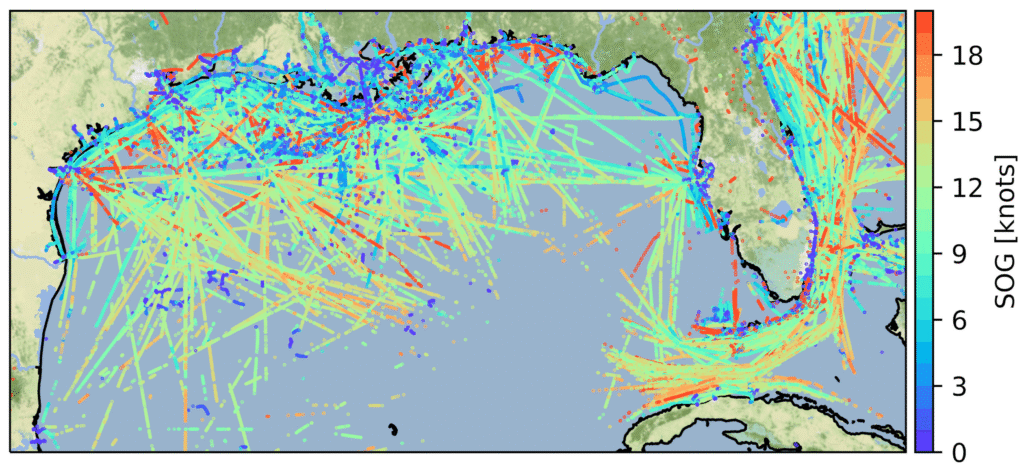
Additional Tips to Enhance Your AIS Compliance Strategy
Data Privacy and Security in AIS
AIS devices transmit sensitive data. Protecting this information requires:
- Encryption at transmission and storage points.
- Restricted access to AIS tracking portals with strong passwords and multi-factor authentication.
- Compliance with U.S. privacy rules such as the California Consumer Privacy Act (CCPA) and industry best practices.
These measures prevent data breaches that could compromise fleet security or customer trust.
Understanding Regional and Federal Updates
AIS regulations evolve continuously. To stay ahead:
- Subscribe to updates from the U.S. Coast Guard, Federal Motor Carrier Safety Administration, and key state transport authorities.
- Attend industry webinars and consult AIS manufacturers for updates on technical standards and legal requirements.
- Budget for timely equipment upgrades when regulations change.
Being proactive is always cheaper and less stressful than scrambling to comply last minute.
Insurance Benefits of AIS Compliance
Insurance companies value AIS compliance because it tangibly reduces risk:
- Certified AIS systems decrease accident frequency and severity.
- Insurers often offer lower premium rates or discounts to fleets with active AIS monitoring.
- Having documented AIS compliance can simplify claims processing and improve payouts.
Factor these advantages into your compliance investments—there’s profit in safety.
Environmental and Sustainability Benefits
AIS facilitates optimized routing that reduces fuel use and emissions:
- By tracking fleets accurately, operators minimize idling and unnecessary mileage.
- Real-time data powers eco-friendly routing decisions and workload balancing.
- Environmental responsibility enhances brand image among conscious consumers and clients.
AIS isn’t just a cost—it’s a tool for smarter, greener business.
Use AI and Analytics for Proactive Fleet Management
Advanced AIS platforms now include artificial intelligence features:
- Predictive analytics can forecast maintenance needs based on usage patterns, preventing costly breakdowns.
- Risk analysis models flag risky driver/vessel behaviors like speeding or sudden maneuvers.
- AI can automate compliance reporting and anomaly detection, ensuring you never miss a regulatory requirement.
Leveraging AI puts you ahead of the curve and increases operational uptime.
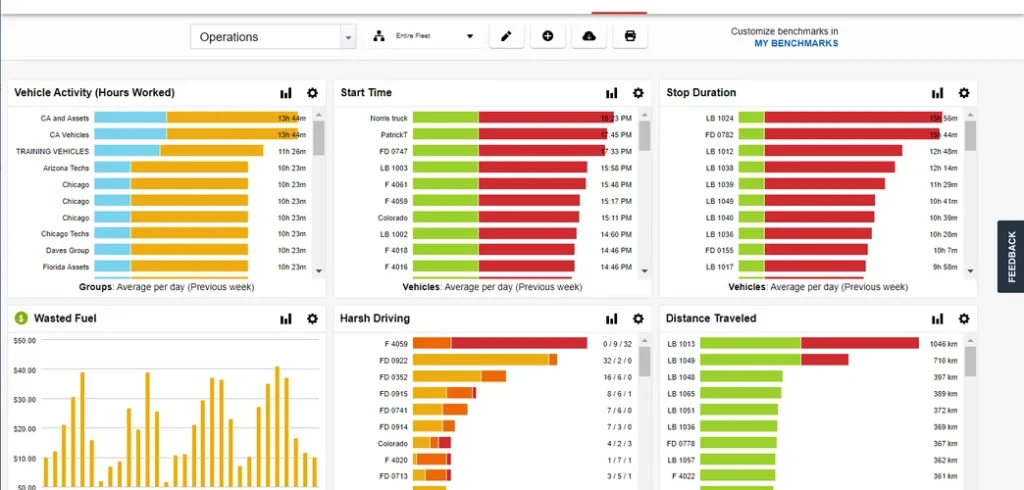
Real-World Insights and Case Study Highlights
Consider a large U.S. tour operator managing a fleet of over 500 buses across multiple states. After deploying AIS-140 GPS devices coupled with structured driver behavior training, they reported:
- A 25% reduction in accident rates within the first year.
- Enhanced driver accountability through real-time feedback increased customer trust.
- Streamlined compliance reporting that reduced audit preparation time by 40%, saving administrative costs.
On the maritime side, a coastal tour boat operator installed Class B AIS transponders across their fleet, leading to:
- Improved navigational safety and successful avoidance of collisions during high traffic.
- Quick emergency responses aided by accurate vessel tracking.
- Positive feedback from regulatory bodies during surprise inspections, increasing operational licenses renewal likelihood.
These examples prove AIS is central to building safer, efficient, and reputable tour operations.
AIS Spotlight: How Zebra Mussels Can Ground Your Aircraft
Best AIS Cleaning & Decon Supplies for Aviation (2025 Review)
State-by-State AIS Regulations: A Seaplane Pilot’s Compliance Guide

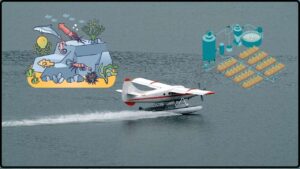
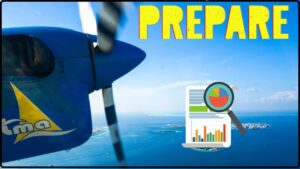
![Case Study How [Lake Association] Partners with Pilots to Stop AIS](https://seaplanesandais.com/wp-content/uploads/2025/11/Case-Study-How-Lake-Association-Partners-with-Pilots-to-Stop-AIS-300x169.jpg)
